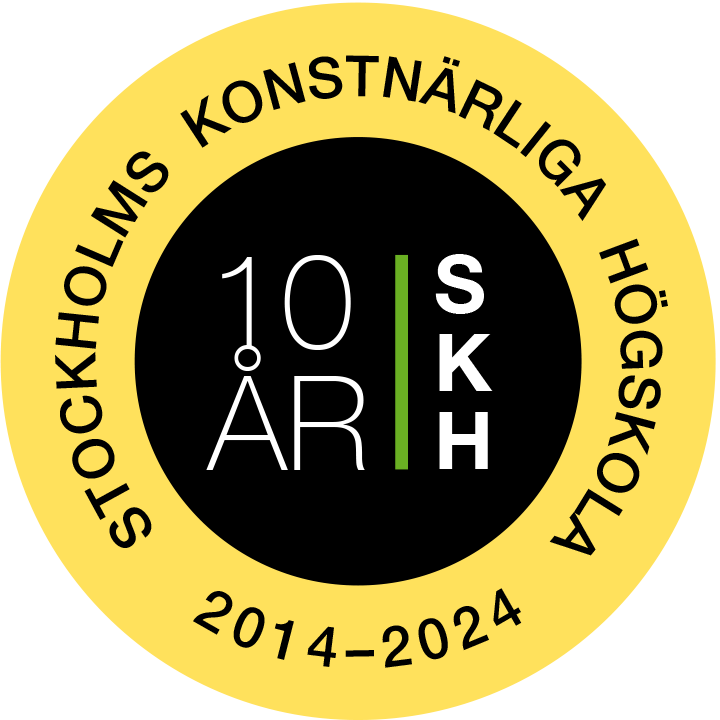Alumni interviews: Carlos Romero Cruz
In connection with SKH's tenth anniversary, we wanted to ask some alumni how they experienced their time at the university. Those we have interviewed studied at the time when we still used the names University College of Opera (OHS), Stockholm Academy of Dramatic Arts (SADA) and DOCH School of Dance and Circus alongside SKH. We have now asked our questions to Carlos Romero Cruz, who studied the bachelor’s programme in Acting at SADA from 2012 to 2015.
Firstly, I would like to ask: why did you choose SADA?
– I was pretty sure that I wanted to go to the acting programme in Stockholm. The first time I applied, I was in my last year of secondary school, when SADA was called Teaterhögskolan. Then I tried again and failed. Then I applied to the other theatre academies in Malmö, Gothenburg and Luleå, but finally got into the school in Stockholm. I was 22 years old then.
How did you experience your time at the university?
– There was so much happening for me personally at that time: I came out, started with drag, and with that came a host of new opportunities. I like to say that going to that school was like a privileged slap in the face. It was mentally stressful because you felt the pressure to perform – it's not an easy education. And being able to hang out in Stockholm was big for me, coming from Uppsala.
I also went on an Erasmus exchange in Madrid during my studies and got a different picture of what it can be like at a theater academy. There it was more hierarchical, for example you didn't discuss things with the teachers, they weren't available in the same way as here at home. But that exchange was something I really wanted to do, and the school was positive about it.
Did you students notice the merger of the three schools – if so, in what way?
– On the one hand, we got a new curriculum and felt a bit like guinea pigs at times, and on the other hand, we had a lot of evaluations. Some things worked, others not at all. The cooperation between the other programmes was sometimes good, but some became scattered and unclear. The good thing that came out of this was that we got to know more people at the school than just the acting students.
What did you do right after graduation and what are you doing today?
– The graduation production our class did was the performance X at Unga Klara. It was a success, a long run. After that, I needed a break and instead worked as a casting assistant at an agency – I've always been interested in the casting process itself. But after six months I was offered a job as an actor and since then, everything has just been going smoothly: From Unga Dramaten and Riksteatern to Kulturhuset Stadsteatern where I just got permanent employment.
Was it beneficial for your future professional network to attend a school with many different artistic specialisations? Do you have people you work with today that you met during the programme?
– I am glad to have attended the programme and would not have had the career I have today if I had not attended. Partly because the school is a good showcase, and partly because of the network you build there. I meet people all the time at work who went to the school at the same time, from set designers, playwrights, costume designers to film directors and cinematographers – in all sorts of fields.
How is your image of SKH today?
– I think it is a good school because it provides many opportunities. I really recommend applying if you have a passion for performing arts – but I find it difficult when the school changes its name all the time. I usually try to go when the school has the Departure Festival, it's always fun to come back and it's a bit of a trip down memory lane.
SKH ten years

SKH is celebrating ten years as a university college in 2024, ad we'll be filling the year with retrospection, foresight, articles and events that connect to the decennial in various ways.